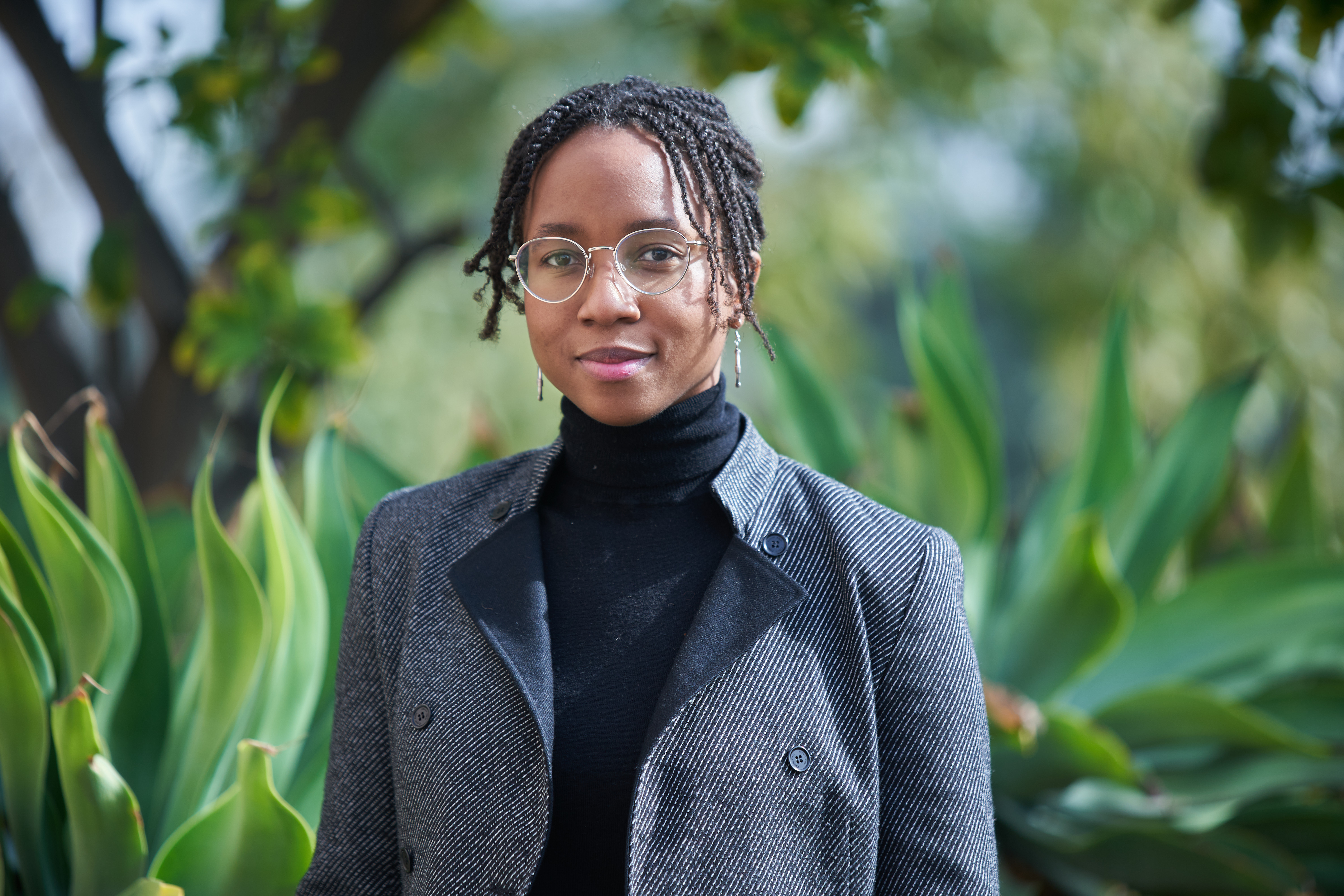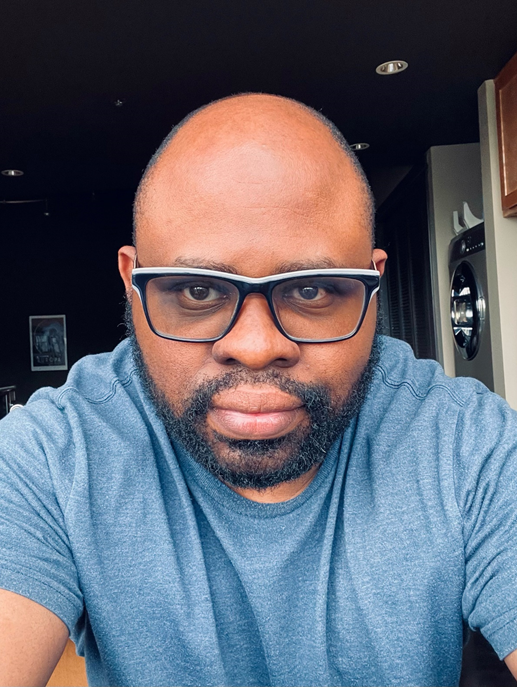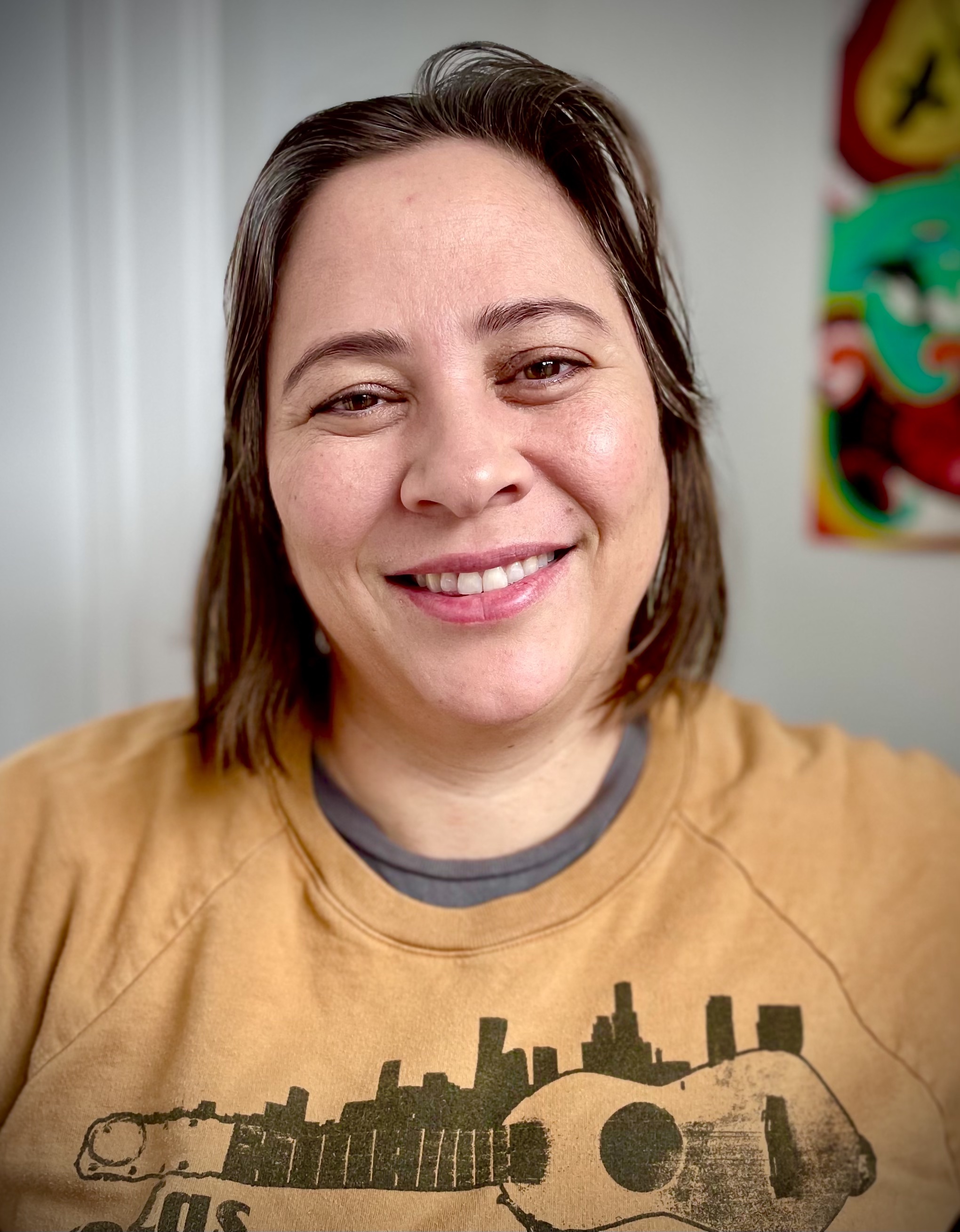Register
Online Registration with payment by credit card is now open!
Priority Early-bird registration deadline: 5pm Fri Nov 25th.
Last day to register online with a credit card: 5pm Fri Dec 2.
Please see our Covid Safety Comments
Fall 2022 SoCal-Nev Section Meeting
CSU San Bernardino, San Bernardino, CA
(Directions and Map)
Saturday, December 3, 2022
Unfortunately we've had to postpone the scheduled talk by Amanda Ruiz due to illness. We anticipate her speaking in Spring 2023
Program
Program with abstracts in pdf form
- 8:30-11:30 Registration
Jack Brown Hall JB-114/JB-116 (unless weather is good) - 8:30-10:45 Refreshments
Jack Brown Hall JB-114/JB-116 (unless weather is good)
- 9:30-10:30 Invited Address by Jose Perea, Northeastern University
The Underlying Topology of Data
Jack Brown Hall (JB-102) - 10:30-10:45 Break
- 10:45-11:45 Faculty and Student Contributed Paper Sessions
Schedule of individual talks
Abstracts
First floor of Jack Brown Hall, Rooms to be announced
Organized by Jim Brown, Occidental College - 11:45-1:15 Lunch
Lunch Options include CSUSB's dining court that is open and nearby (2-3 min walk). Or you can bring your own and have a picnic. - 1:15-2:45 Faculty and Student Contributed Paper Sessions
Schedule of individual talks
Abstracts
First floor of Jack Brown Hall, Rooms to be announced
Organized by Jim Brown, Occidental College - 1:45-3:00 Refreshments
2nd floor of Jack Brown Hall - 2:45-3:15 Section Business Meeting
Jack Brown Hall (JB-102) - 3:15-4:15 Invited Address by Haydee Lindo, Harvey Mudd College
Trace Ideals in Commutative Rings
Jack Brown Hall (JB-102)
Directions and Maps
CSU San Bernardino is in San Bernardino California. For local maps and directions, see the campus website. The conference will be in Jack Brown Hall:
CSUSB Jack Brown Hall, 5500 University Pkwy, San Bernardino, CA
Registration, and refreshments will be on the 2nd floor and the invited addresses and contributed paper sessions will be on the 1st floor.
Parking
All sessions will be held in Jack Brown Hall. The closest parking is in Lot G off Coyote Drive (rather than the main entrance). Daily parking fees are $3. Daily Permits can be purchased at any of the 16 parking permit dispensers located throughout the campus (including ones in Lot G), and should be purchased before parking.
Employees from other CSUs may receive complimentary parking. On a Saturday, if the CSU employee has their CSU parking pass on their windshield, they will not be ticketed.
If the other CSU campus has LPR, the CSU employee will have to contact either kiosk on campus between 7 AM – 7 PM before Friday, 12/2/22 with their name, CSU ID number, and CSU location so that we can provide them assistance.
Lunch Options
On campus;
The Commons: it is the dining court located right next to the Jack Brown building and $10.50 for lunch.
Off-campus
CSUSB is mainly a commuting school, and not many people eat near campus, but here are some regions you can check out.
Closest to campus
Northpark and University 34° 10' 44.3586" N 117° 19' 49.2607" W
Kendall and University 34° 10' 30.8521" N 117° 19' 57.9745" W Paco’s Tacos, Baguette Express, and moreNear Campus
Northwest of Kendall: 34° 11' 18.069" N 117° 21' 28.4191" W Yang’s noddles and more.
Covid Safety
Conference registrants who are sick or who have been exposed to COVID should not attend the conference in person. Any in-person registrants who communicate about illness or exposure by the start of the conference will have the difference between in-person and remote registration refunded, and they may attend remotely; no documentation is needed, and no questions will be asked, just send us a note about your need to change.
We ask that all in-person conference participants wear a mask except for brief moments while in-doors at the conference. The recent NCTM conference in LA generated a significant outbreak of COVID infections among math educators, and our meeting takes place a week after many people will have traveled for Fall Recess/Thanksgiving, so masking is the only way we can make this conference inclusive for immunocompromised folks. So we ask that registrants who do not wish to wear a mask attend remotely. Questions: Contact Section Chair, Brian P Katz (BK) .
Registration Fees
| Registration type | by Fri 11/25 5pm | by Fri 12/2 5pm |
| Nonmember | $25 |
$30 |
| MAA Member | $20 |
$25 |
| Virtual: Online streaming of presentations | $10 |
$10 |
| Student | $5 |
$10 |
| Student Presenter | $0 |
$0 |
On-site registration will be available for the meeting and is $30 for non-students and $10 for students.
Register online
Register on-line through Eventbrite and pay by credit card (priority early-bird deadline 5pm Friday Nov 25th); the last date to register online is 5pm Fri Dec 2). If you need to cancel your registration, please follow the proceedures in Eventbrite.
Questions about registration can be directed to Youngsu Kim, the meeting coordinator.
Haydee LindoHarvey Mudd College
|
Dr. Haydee Lindo is an assistant professor of mathematics at Harvey Mudd College. Dr. Lindo is from Jamaica and earned her BAs in mathematics and political science. She received her Ph.D. in mathematics from the University of Utah. Dr. Lindo is a commutative algebraist with research interests in homological algebra and representation theory. She focuses on the development and application of the theory of trace modules over commutative rings. |
Trace Ideals in Commutative Rings
The well-known trace map on matrices can be generalized to a map on any module over a commutative ring. The image of such a map is a trace ideal. In particular, given a ring R, the trace ideal of an R-module M is the ideal generated by the homomorphic images of M in R. I will speak on some recent developments in the theory of trace ideals, with some applications to endomorphism rings, rigid modules, and classifications of commutative rings.
Jose PereaNortheastern University
|
Jose Perea is an associate professor in the department of mathematics and the Khoury college of computer sciences. Prior to Northeastern, he held positions as an assistant professor of CMSE and Mathematics at Michigan State (2015 – 2021), and as a visiting assistant professor of Mathematics at Duke University (2011 – 2015). He holds a PhD in Mathematics from Stanford University (2011) and a BSc in Mathematics from Universidad del Valle, Colombia (Valedictorian, Summa cum laude, 2006). He is an inaugural 2022-2024 lecturer for the Mathematical Association of America and the National Association of Mathematics, a recipient of a 2020 NSF CAREER award, a 2020 honoree of Lathisms, and a 2018 honoree of Mathematically Gifted and Black.. |
The Underlying Topology of Data
Topology, and particularly algebraic topology, seeks to develop computable invariants to quantify the shape of abstract spaces. This talk will be about how such invariants can be used to analyze scientific data sets, in tasks like time series analysis, semi-supervised learning and dimensionality reduction. I will use several examples to illustrate real applications of these ideas.
Amanda RuizUniversity of San Diego
|
Amanda Ruiz is an Associate Professor in the Department of Mathematics at the University of San Diego. Born in Long Beach and raised in Huntington Beach, CA, she left Southern California for the Bay Area to attend UC Berkeley, where she created her own major focused on Social Movements. After some experience working in secondary education, and a realization that mathematics is a social justice issue, Amanda went back to school to pursue a degree in mathematics. She received a Master’s degree in Mathematics from San Francisco State University, her PhD in mathematics from Binghamton University in 2013. Eager to return to California, she accepted a teaching and research postdoctoral fellowship in the Mathematics Department at Harvey Mudd College. Amanda Ruiz’s Ph.D. thesis was on Realization Spaces of Phased Matroids. While her prior research is predominantly in combinatorics and matroid theory, her current interest returns to her social justice roots including working with a team of Mathematics Education experts to edit the recently released book "Middle School Mathematics Lessons to Explore, Understand and Respond to Social Injustice." |
Postponed til Spring 2023 due to illness
Teaching Mathematics About, With, and For Social Justice
In this talk we will consider the foundations of teaching mathematics for social justice and the potential outcomes for students. We will explore what we mean by teaching mathematics about, with, and for social justice. We draw on the recently released book series Teaching Mathematics to Explore, Understand, and Respond to Social Injustice. We will share some content from the middle school book and talk about how to adapt the lesson to one’s own context and empower students to use mathematics as a tool for creating change.Call for Contributed Papers
You are invited to submit abstracts for the Contributed Paper Session of the Fall 2022 Section Meeting of the MAA, taking place on Saturday, December 3, 2022 at CSU San Bernardino. The talks will take place in the early afternoon and will each be 15 minutes with a 5-minute question and transition period.
These sessions accept contributions in all areas of mathematics, including research and pedagogy, and all complete proposals will be considered. The selection of talks will be based on interest to the expected audience, on common themes with other submissions, and on scheduling constraints.
Applications to present in the contributed paper session are submitted online and are due by 12 noon on Friday November 18, 2022. Applications include submitting an abstract (max 180 words) preferably using the specified LaTex template given in the example below (downloadable tex file of sample, compiled pdf version of sample). Only the items between \begin{document} and \end{document} need to be submitted.
\documentclass{article}
\newcommand{\presenter}[1]{\par\textbf{Presenter(s):}\ #1}
\newcommand{\others}[1]{\par\textbf{Other Author(s):}\ #1}
\renewcommand{\title}[1]{\par\textbf{Title:}\ #1}
\renewcommand{\abstract}[1]{\par\textbf{Abstract:}\ #1}
\newcommand{\theme}[1]{\par\textbf{Talk theme(s):}\ #1}
\newcommand{\audience}[1]{\par\textbf{Audience:}\ #1}\begin{document}
\presenter{Robben Teuffel and Robert Aroutiounian, CSU Channel Islands}
\others{Research advisor: Dr. Kathryn Leonard, CSU Channel Islands} %if applicable
\title{Skeletal Shape Modeling of the Corpus Callosum: Geometry-Based Classification for Automated Schizophrenia Diagnosis}
\abstract{Diagnosing schizophrenia is currently a process of trained symptom observation and individual interpretation by doctors. The objective of this research project is to automate diagnosis by using machine learning algorithms to categorize MRI-scanned brain images as healthy or schizophrenic based entirely on shape information of the corpus callosum. We utilize a skeletal shape model called the Blum medial axis (BMA) to capture local symmetries within the boundary curves of our corpus callosum images. We then extract the most visually salient path through the BMA with a depth measure called the Extended Distance Function to (1) decompose the BMA into three subparts associated with the genu, body, and splenium of the corpus callosum, and (2) compute the curvature of a one-dimensional representation of the boundary curve of the corpus callosum. Additionally, to quantify the observed size difference of the genu, we compute Shape Tubularity, which measures the tube-like qualities of shape parts. Finally, we apply supervised and unsupervised learning techniques to these features to distinguish between healthy and schizophrenic brain images.}
\theme{Applied Mathematics}
%Choices include Education/Pedagogy, History/Philosophy of Mathematics, Interdisciplinary Topics, Probability/Statistics, Geometry, Analysis, Number Theory, Graph Theory/Combinatorics, Algebra, Applied Mathematics, Topology, Linear Algebra, etc.
\audience{Linear Algebra and Multivariable Calculus (some data science knowledge will help)}\end{document}
Need access to latex to see if your abstract compiles? Overleaf.com is a cloud based latex program with a free registration. There are other options as well.
The application to present DOES NOT constitute registration for the conference. Presenters will be notified of their acceptances by Wednesday November 23. Presenters should register for the meeting online by Friday November 25 at 5:00pm.
The Student Resources page of the MAA website (login required) has useful articles about writing an abstract and giving presentations. Be sure to check it out for helpful tips!
Direct questions to Jim Brown (jimlb@oxy.edu).
